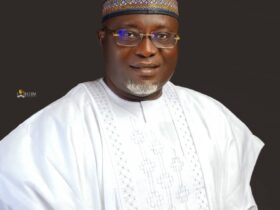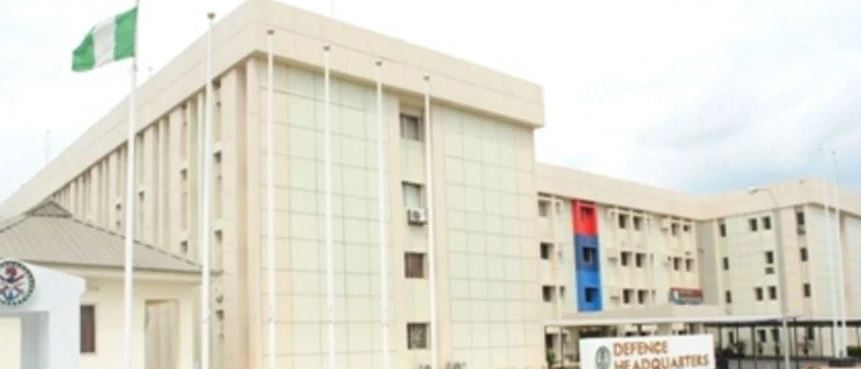In a significant move towards sustainability, the Federal Government and three key United Nations agencies signed a Memorandum of Understanding on Friday.
The MoU marked a pivotal step in addressing the challenges and opportunities linked with shifting towards a sustainable, low-carbon economy.
The signed MoU was between the National Council on Climate Change, the International Labour Organisation, the United Nations Industrial Development Organisation and the United Nations Development Programme in Abuja.
The Director General of the NCCC, Dahiru Salisu, commended the UN agencies for their support, underscoring the project’s significance in safeguarding Nigeria’s economy and well-being.
Salisu noted, “This project is really dear to Nigeria because we asked if we had to do this transition, who is to fund this transition?
“We can be passionate about this and anything that sounds like a threat to our economy, welfare and well-being, we will not take it likely.
“I want to thank the three UN agencies for coming together to support this project because, with our lean project, I do not see us embarking on such a project.”
Emphasising the imperative of transition, a consultant with the Centre for Climate Change and Development, Prof Emmanuel Oladipo, highlighted the need for Nigeria to harness renewable energy sources like solar power, mitigating reliance on fossil fuels without compromising economic stability.
Oladipo said, “I think Nigeria cannot argue about the need to transit. If we are able to transit, for instance, utilising nature to get a lot of the energy resources, such as solar, it may not propel all the Air Conditioners but at least we give you some light in various areas without any interruption.
“Those are some of the things we need. A nation like Nigeria which is consumed by fossil fuel utilization has no choice but to follow the world to try to move its economy in a way and manner that will make less use of fossil fuel, but at the same time will not kill our economy.”
The Director of ILO Country Office for Nigeria, Ghana, Liberia, Sierra Leone, Vanessa Phala, affirmed the UN agencies’ commitment to collaborative action, ensuring comprehensive support for the project’s success.
Phala, represented by the National Project Coordinator, ILO, Stephen Aguguo, said, “The just transition is at the heart of ILO and we are doing everything possible, financially and technically, to support this process.
“By the time the consultants start to work, we will also connect them with our technical team in Geneva, and the ILO training school in Italy to bring in their own technical support.
“So on the aspect of the UN agencies, the UN is emphasising delivering as one UN team. So everything we are doing, we are working as a team, we are not bothered.”















